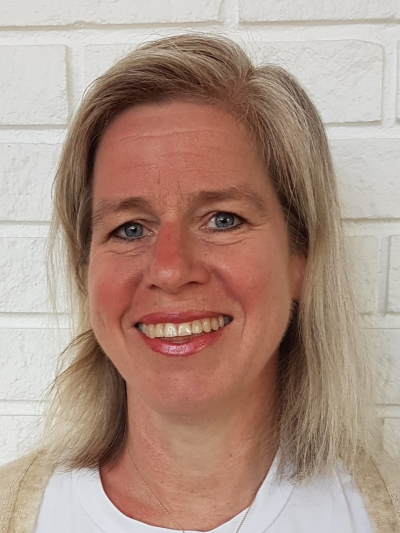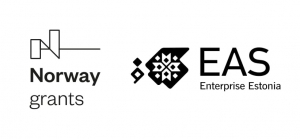More personalised breast cancer screening

A new clinical pilot offers personalised breast cancer screening to Norwegian women.
A new clinical pilot will investigate how women can receive more personalised breast cancer screening. Currently, women in the age group 50-69 are invited to mammogram screenings every second year in Norway, but 20 percent of breast cancer cases are diagnosed among younger women.
“This ‘one size fits all’ approach does not take into account the different breast cancer risks of individual women. A more personalised screening program might be beneficial for both women and society, both in terms of increased surveillance of persons at higher risk for breast cancer, as well as more targeted use of resources. My motivation as a breast radiologist is to work for a high-quality, evidence-based screening program for breast cancer, and this study is an exciting contribution in that respect,” said Tone Hovda, senior radiologist at Vestre Viken Hospital Trust, where the study is running.

Tone Hovda, senior radiologist, Vestre Viken Hospital Trust
Using innovative DNA analysis
Participants of the study will submit a saliva sample, which is sent to Estonia for a genetic data analysis done by the Estonian medical technology company and healthcare service provider Antegenes that has developed the genetic test AnteBC. The AnteBC test is a CE-certified medical device.
The test is used to map a range of gene variants that individually don’t give increased risk for breast cancer, but where the combination of several genes can result in an increased risk. This is called polygenic risk score (PRS) and has never been used in screening programmes in Norway before.
Saliva shows risk of breast cancer
The results from the test will show if the participant has an elevated genetic risk for breast cancer. If it doesn’t, the participant will be recommended to follow the ordinary screening programme for breast cancer in Norway.
If the test shows an elevated risk for breast cancer, the participant will be offered a control scheme, which may include a recommendation of starting regular mammography before they turn 50 years old and/or go to mammography more often than every two years.
“The study analyses a woman’s genetic predisposition to the development of breast cancer, and based on that, provides personalized clinical recommendations for the prevention and early detection of disease. In the pilot study, both a woman’s polygenic risk and, if necessary, the presence of rare single genes that increase the risk of breast cancer will be evaluated,” commented Peeter Padrik, CEO, Antegenes.
Participants will also answer a questionnaire to give background information, such as family history. If there is suspicion of elevated risk of hereditary familial disease, the participant may be offered genetic counselling and extended genetic testing according to current clinical practice.
Towards personalised screening
This initiative is part of the implementation research project AnteNOR, which aims to investigate how it will be possible to implement a more personalised screening programme for breast cancer in Norway, based on the individual’s genetic risk for disease.
The project partners are Oslo University Hospital, the University of Oslo, Vestre Viken Hospital Trust, Oslo Cancer Cluster and Antegenes. It has received funding from The Norway Grants Green ICT programme and runs between 2021-2024.
The clinical trial has received approval from the regional ethics committee and is registered in the database clinicaltrial.gov.
Project partners:

Funded by:

The post More personalised breast cancer screening first appeared on Oslo Cancer Cluster.





